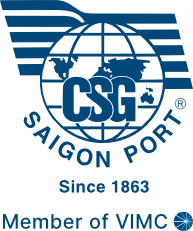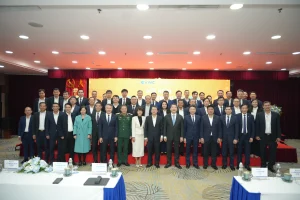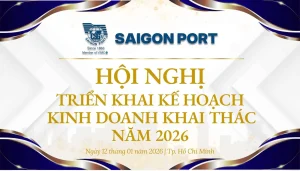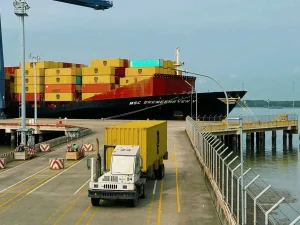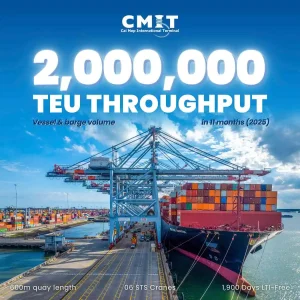The Ministry of Industry and Trade (MoIT) is building a long-term strategy on rice export and market stabilisation, following bans by several countries, according to Deputy Director of the MoIT’s Import-Export Department Tran Quoc Toan.

Hanoi (VNA) – The Ministry of Industry and Trade (MoIT) is building a long-term strategy on rice export and market stabilisation, following bans by several countries, according to Deputy Director of the MoIT’s Import-Export Department Tran Quoc Toan.
Toan said that export bans by India, the United Arab Emirates and Russia, adverse impacts of El Nino, and Russia’s withdrawal from the Black Sea grain deal have strongly influenced the global rice supply, thus raising concerns about world food security as well as affecting the economic recovery of many countries as the inflation situation has not improved.
He cited data of the Ministry of Agriculture and Rural Development as saying that so far this year, the country has been planting 7.1 million hectares of the grain, with a total estimated output of around 43.1 million tonnes, 452,000 tonnes higher than that of the previous year. With the yield, in addition to serving domestic needs, Vietnam can export over 7.5 million tonnes this year. In the first seven months, 4.83 million tonnes were shipped abroad.
At present, the MoIT is continuing to closely coordinate with other ministries, sectors and localities to monitor the market situation and promptly grasp difficulties and problems of relevant enterprises, so as to propose solutions to remove obstacles and facilitate rice export activities from now to the end of this year, said the official.
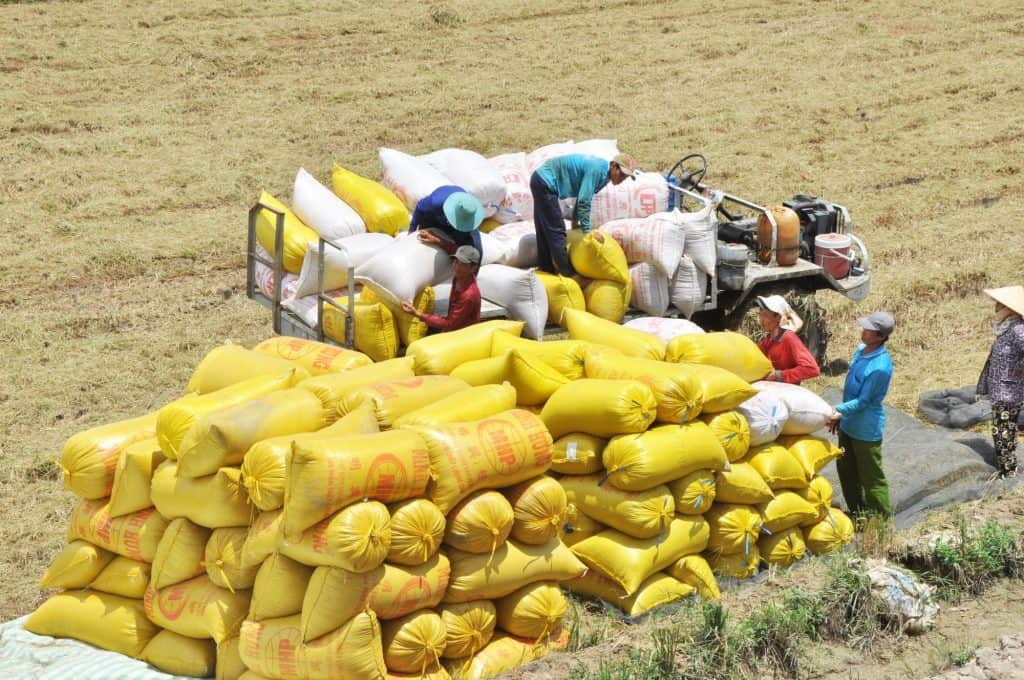
The ministry will coordinate with related agencies in implementing trade promotion programmes in both traditional and online forms in accordance with the new situation to enhance the value of Vietnam’s rice products.
At the same time, it will coordinate with the Ministry of Foreign Affairs and the Ministry of Agriculture and Rural Development to well exploit preferential mechanisms of signed free trade agreements (FTAs) to actively negotiate with foreign partners in order to diversify export markets, occupy new and potential ones, and improve Vietnam’s competitiveness.
Guidance and support will be provided to help traders and exporters improve their production and business capacity; and increase their capacity to negotiate, sign and perform export contracts and effectively handle international trade disputes.
Efforts will be made to control supply and prices, and prevent the transportation and trading of rice of unknown origin, added Toan./.
VietnamPlus

